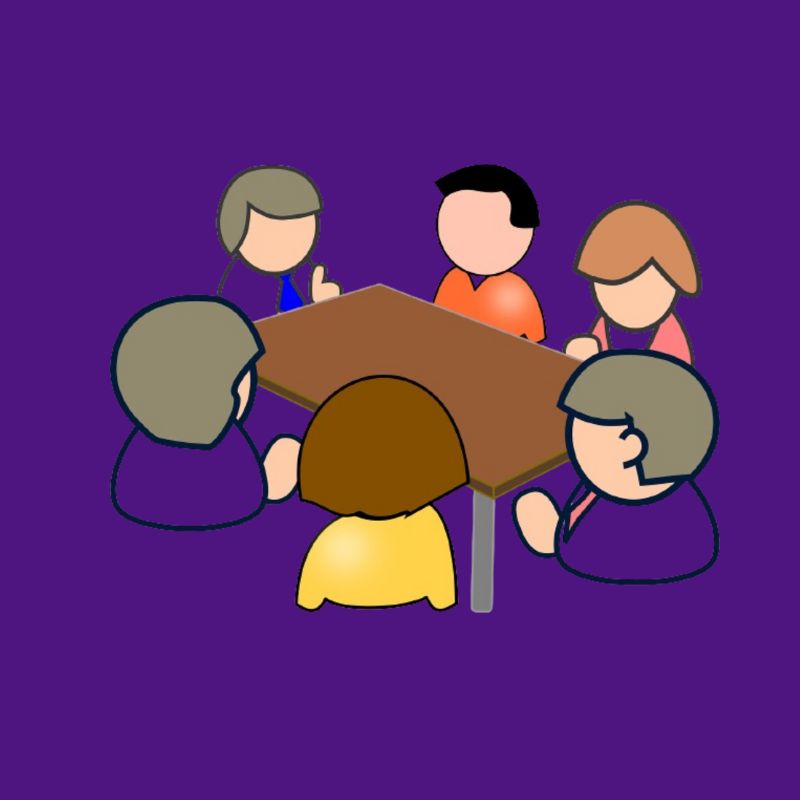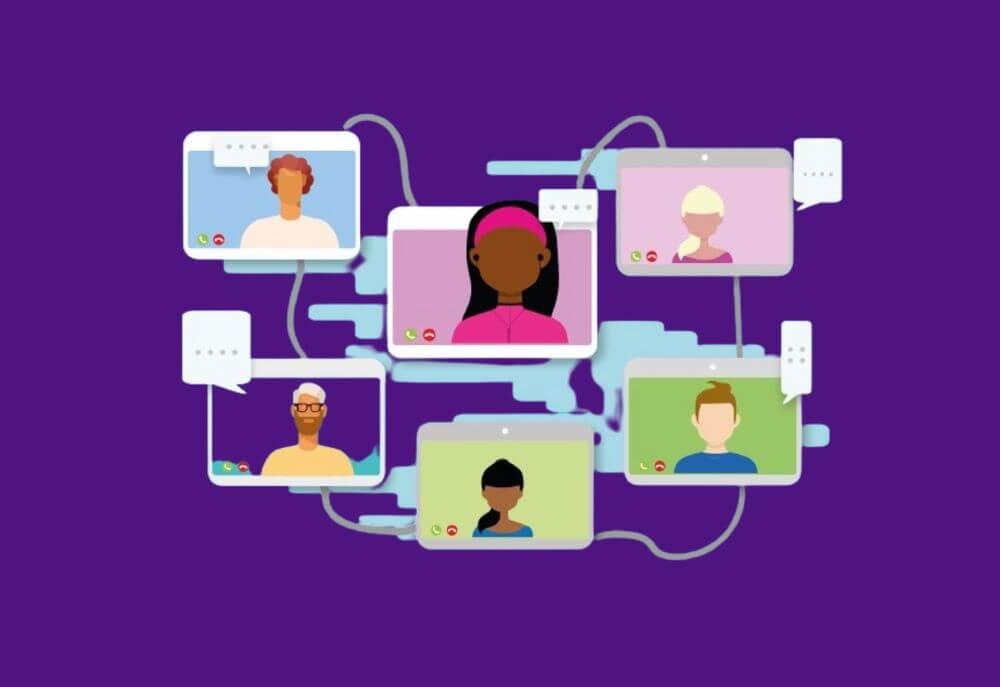A debrief meeting is an essential practice for teams and organizations aiming to refine their processes, enhance communication, and ensure continuous improvement.
These meetings serve as a platform to review completed projects or tasks, assess performance, and strategize for future initiatives.
By implementing best practices and creating an effective debrief meeting structure, teams can turn these sessions into powerful tools for growth and development.
Understanding Debrief Meetings
A debrief meeting is a structured conversation that takes place after a project or event concludes. It aims to analyze performance, celebrate successes, and strategize improvements.
The primary goals of a debrief meeting include continuous improvement, enhanced communication, and boosted team morale.
Importance of Debrief Meetings
Continuous Improvement
Debriefing helps teams identify areas for improvement and develop strategies for future projects.
Enhanced Communication
These meetings foster open communication, build trust, and ensure everyone is aligned.
Boosted Team Morale
Acknowledging successes and celebrating achievements boosts morale and creates a positive atmosphere.
Who Should Attend?
Key team members directly involved in the project should attend debrief meetings.
This typically includes project managers, team leads, and relevant stakeholders.
In some cases, managers from other departments may also be invited to provide additional perspectives.
Frequency and Timing
The frequency of debrief meetings depends on the project’s scale and complexity.
For short-term projects, a single meeting at the conclusion might suffice, while longer projects may benefit from multiple debrief sessions throughout the lifecycle.
Ideally, these meetings should be held within 24-72 hours after the project concludes to ensure details are fresh in everyone’s minds.
Steps to Conduct an Effective Debrief Meeting
- Craft a Clear Agenda and Objectives
Establishing a clear agenda and objectives is essential for a focused discussion. Define the purpose of the meeting, whether it’s to analyze performance, celebrate successes, or identify lessons learned.
- Create a Comfortable Environment
A comfortable and inclusive environment encourages open and honest communication. Ensure the meeting space is free from distractions and fosters psychological safety.
- Start on a Positive Note
Begin by reviewing and celebrating successes. Recognize individual and team contributions to set a constructive tone for the meeting.
- Capture Key Points
Designate someone to take notes and capture key decisions, action items, and discussions. Using AI note-taking tools can ensure comprehensive and accurate documentation.
- Ground Discussions in Data
Base discussions on factual evidence by reviewing relevant data and metrics. Use visual aids like charts or graphs to present complex data clearly.
- Openly Discuss Challenges
Encourage team members to share challenges and setbacks encountered during the project. Focus on identifying the root causes rather than assigning blame.
- Extract Learnings
Dedicate time to explore key takeaways and lessons learned. Ask important questions to delve deeper into what worked well and what could be improved.
- Develop Action Items
Before concluding, establish clear action items with assigned responsibilities and deadlines. This ensures accountability and momentum post-meeting.
Key Questions for Effective Debrief Meetings
Reviewing Achievements and Successes
- What were the project’s initial goals?
- How well did we achieve those goals?
- What were the most significant successes?
Analyzing Challenges
- What were the biggest challenges we encountered?
- What factors contributed to these challenges?
- Were there any communication gaps?
Extracting Learnings
- What did we learn from this project?
- What could we have done differently?
- Are there any process improvements we can implement?
Planning for the Future
- How can we ensure these learnings are applied to future projects?
- Are there any action items that need to be addressed?
- Who will follow up on these action items?
Fostering Team Dynamics
- What aspects of the team’s collaboration worked well?
- How can we enhance communication within the team?
- Did everyone feel comfortable sharing their ideas?
Debrief Meeting Agenda Template
- Date: [Insert Date]
- Time: [Insert Time]
- Location: [Insert Location or Virtual Meeting Link]
- Duration: [Insert Duration]
Objective: To review the [Project/Event Name] and extract key learnings for future endeavors.
Participants: [List Attendees and Roles]
Agenda:
- Opening (5 minutes)
- Welcome participants
- Review agenda
- Quick icebreaker
- Reviewing Achievements (10 minutes)
- Recap initial goals
- Discuss success in achieving goals
- Highlight major wins
- Analyzing Challenges (15 minutes)
- Discuss major challenges
- Analyze root causes
- Identify communication gaps
- Extracting Learnings (20 minutes)
- Identify key takeaways
- Explore potential improvements
- Planning for the Future (10 minutes)
- Discuss applying learnings to future projects
- Identify action items and assign responsibilities
- Closing (5 minutes)
- Summarize key takeaways
- Invite feedback on meeting effectiveness
- Thank participants
Addressing Common Challenges in Debrief Meetings
While debrief meetings are highly beneficial, they can also present certain challenges. Some common issues include:
- Lack of Participation: Ensure that all team members are encouraged to participate. Creating a comfortable environment and emphasizing the importance of each person’s input can help mitigate this issue.
- Dominating Personalities: Some individuals may dominate the conversation, making it difficult for others to contribute. Establish ground rules for equal participation and consider using a facilitator to manage the discussion.
- Unfocused Discussions: Without a clear agenda, discussions can become unfocused. Stick to the debrief meeting agenda template and guide the conversation back to relevant points when necessary.
Utilizing Debrief Meetings for Continuous Improvement
Effective debrief meetings are integral to the continuous improvement process. By consistently reviewing projects, capturing lessons learned, and implementing actionable insights, teams can enhance their performance and achieve better results over time.
- Incorporate Feedback: Regularly seek feedback from team members on how the debrief meetings can be improved. This iterative approach ensures that the process remains relevant and effective.
- Track Progress: Monitor the progress of action items identified in previous debrief meetings. This accountability helps in maintaining momentum and demonstrates the value of the debrief process.
- Celebrate Successes: Recognize and celebrate the successes achieved as a result of insights gained from debrief meetings. This not only boosts morale but also reinforces the importance of continuous improvement.
Conclusion
Debrief meetings, when conducted effectively, are powerful tools for fostering a culture of continuous improvement within teams and organizations.
By setting clear goals, creating a comfortable environment, and following best practices, teams can turn these meetings into opportunities for learning and growth.
Remember to document lessons learned, address common challenges, and utilize visual aids to enhance understanding.
With a structured approach and a commitment to improvement, debrief meetings can significantly contribute to the success of future projects and the overall development of the team.



